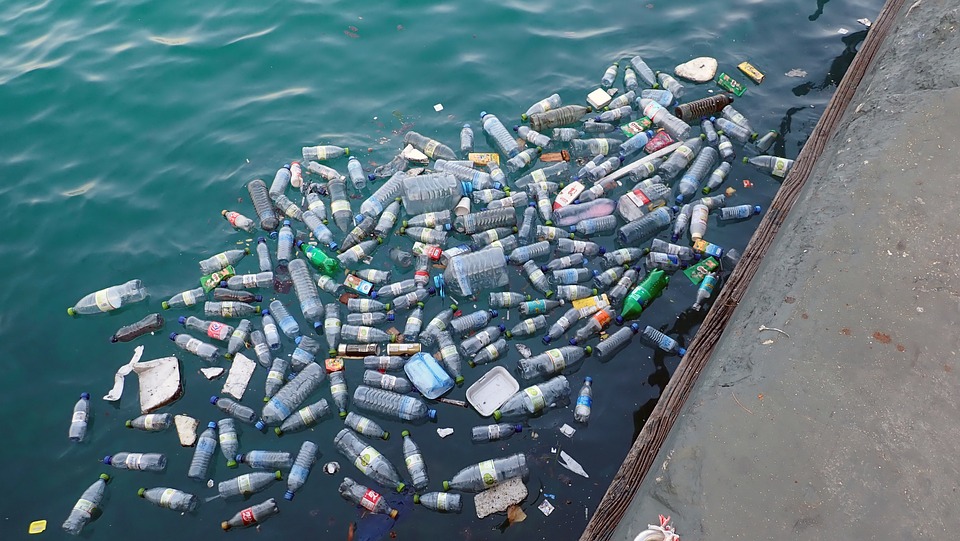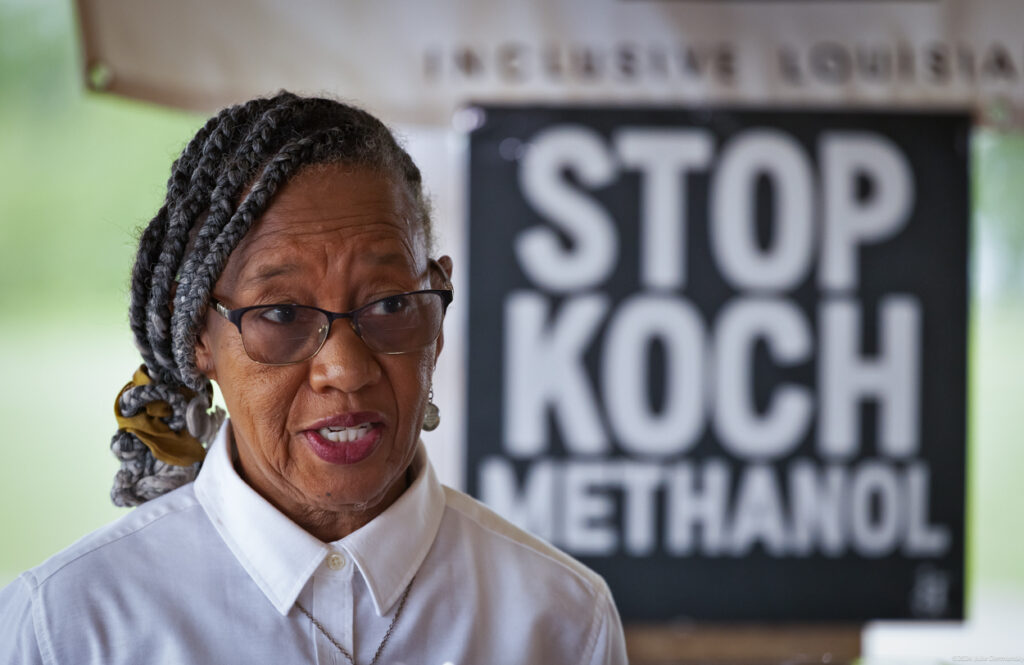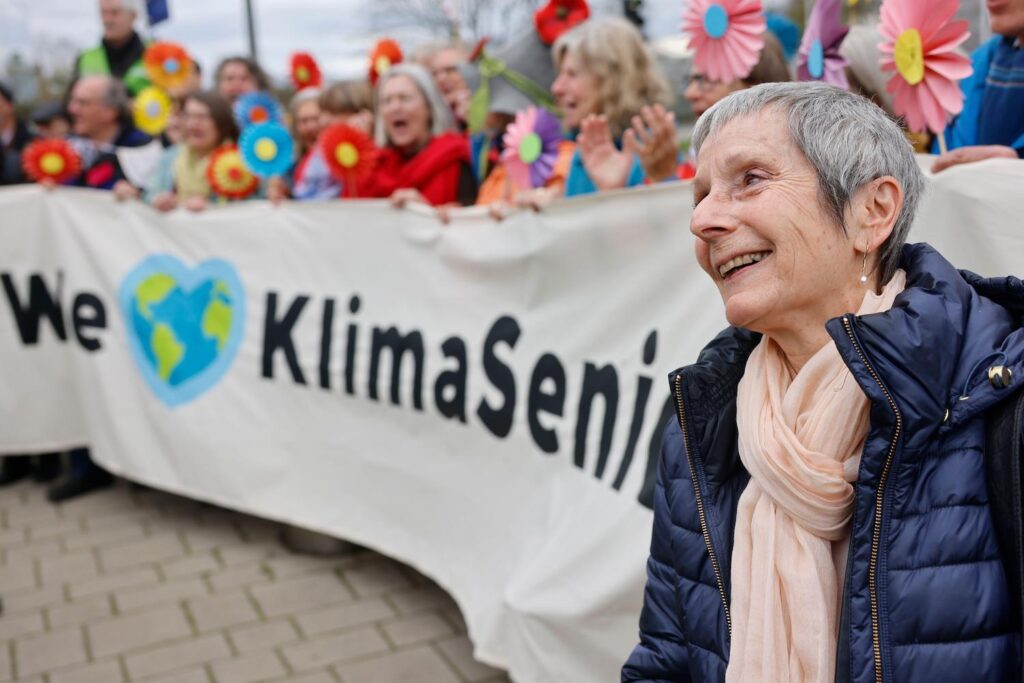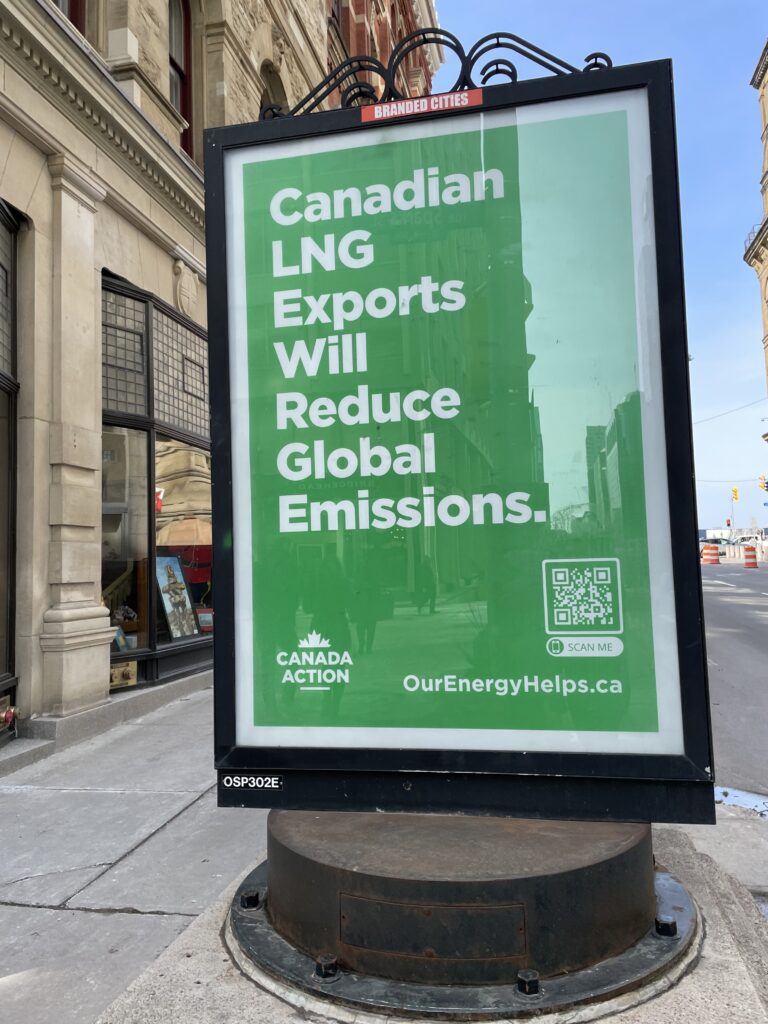Campaigners are calling on the Kenyan government to protect the country from an influx of plastic pollution as a consequence of a new free trade agreement with the US.
An online petition, organised by Greenpeace, calls on officials to reject terms in any new agreement that would make it easier for the US to export its plastic to Kenya. The “Do Not Backslide on Plastics” campaign already has over 21,000 signatures.
It was launched after revelations by Greenpeace’s investigative journalism unit Unearthed that showed the American Chemistry Council (ACC) lobby group was pushing the US Trade Representative to include terms that would contradict Kenya’s recent efforts to curb its plastic consumption.
In public letters to the US Trade Representative and US International Trade Commission, the Council writes: “Kenya could serve in the future as a hub for supplying US-made chemicals and plastics to other markets in Africa through this trade agreement.”
The ACC is backed by fossil fuel companies including Chevron, ExxonMobil, Shell, Total and BP and major agri-chemical companies including Bayer, BASF, FMC and Corteva.
Like what you’re reading? Become a DeSmog patron today!
Contradictory goals
Greenpeace is asking Kenya’s Cabinet Secretary for Trade, Industrialisation and Enterprise Development, Betty Maina, “to commit to Africa’s Plastic-free vision” as the country negotiates with the US.
Rwanda pioneered a ban on single use plastic bags in 2008, followed by Kenya in 2017 and Tanzania in 2019. This year Kenya marked World Environment Day by introducing a ban on single use plastic in all beaches, forests and conservation areas.
Fredrick Njehu, Senior Political Advisor for Greenpeace Africa, says most of those who signed the petition are Kenyans, many of them young and alarmed at the prospect of their country being turned into a gateway for the export of plastics to the rest of Africa.
“This is not solely a Greenpeace petition, it is a people’s petition. The number of people who have signed the document so far shows there is lots of concern among the public. We are hoping to get an audience with the minister to officially handover the document and explain our opposition,” Njehu said.
An ACC spokesperson told Unearthed that its activity was driven by a concern that new regulations “could very well limit the ability of African and other developing countries to properly manage plastic waste.”
Weakening environmental regulations
The ACC has a history of pushing to slow action on climate change and weaken environmental regulations, through its donations and lobbying activity.
Beneficiaries of the ACC include the American Council on Science and Health (ACSH), which has claimed there is “no scientific consensus concerning global warming”, and Republican Senator and infamous climate science denier James Inhofe.
The ACC is also affiliated with the American Legislative Exchange Council, which works with corporations including ExxonMobil, Koch Industries, Peabody Energy, and Reynolds Tobacco to weaken regulations in state-level legislation.
The ACC’s lobbying efforts go beyond the Kenya-US deal. DeSmog previously revealed how the group is working to water down environmental regulations in a US–UK free trade deal.
The ACC told a trade hearing in January 2019 that a US–UK trade deal should include “investor-state-dispute-settlements,” which have been used by companies to sue governments attempting to put in place stronger environmental protections, as well as “regulatory cooperation,” widely seen as US-trade speak for watering down regulations.
In May 2020, it published a joint statement with the UK’s Chemical Industries Association in an effort to push both US and UK governments to mirror these demands.
Photo credit: MonicaVolpin
Subscribe to our newsletter
Stay up to date with DeSmog news and alerts






